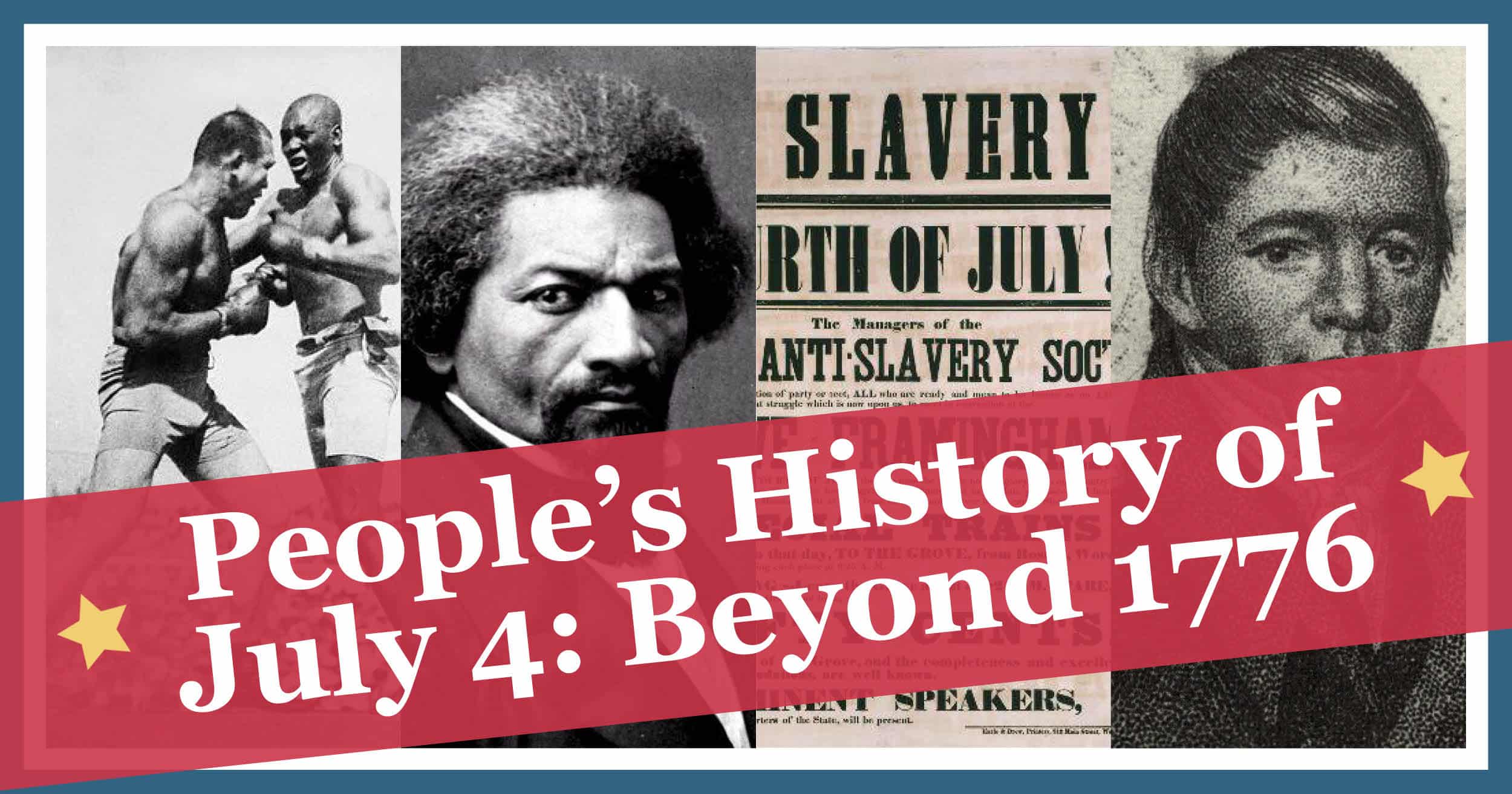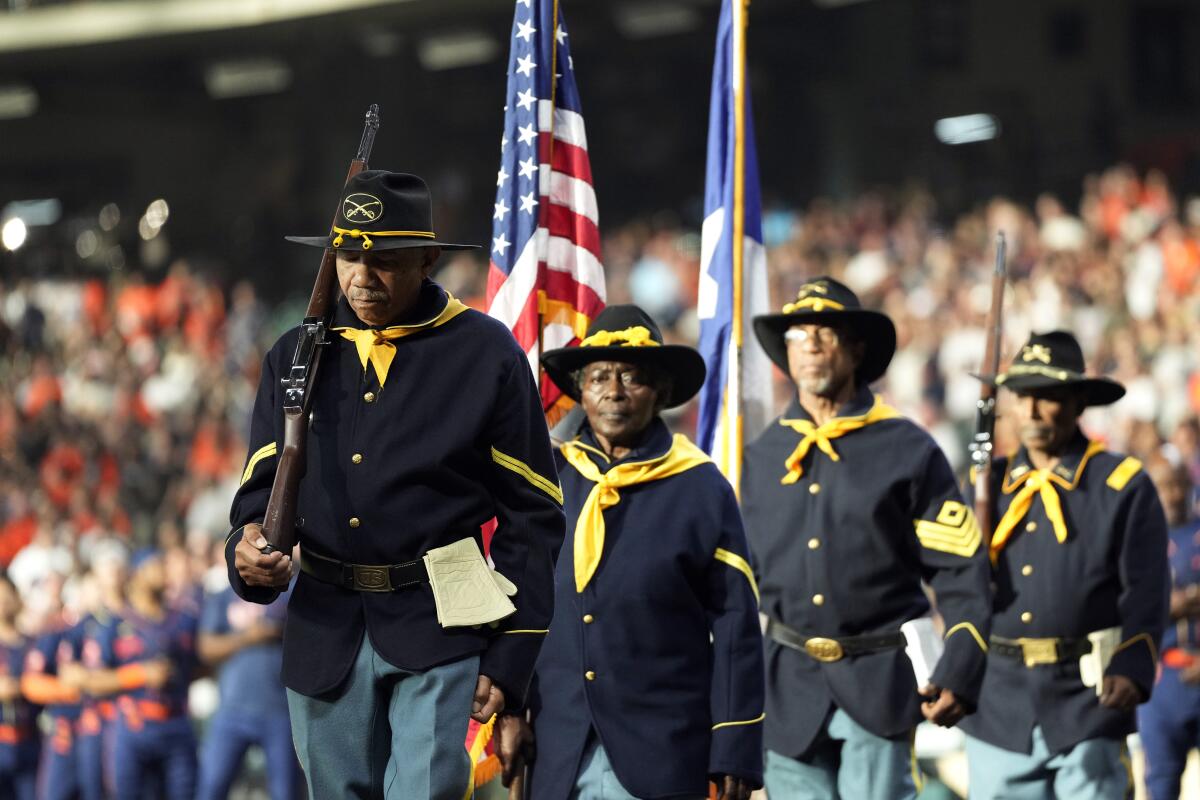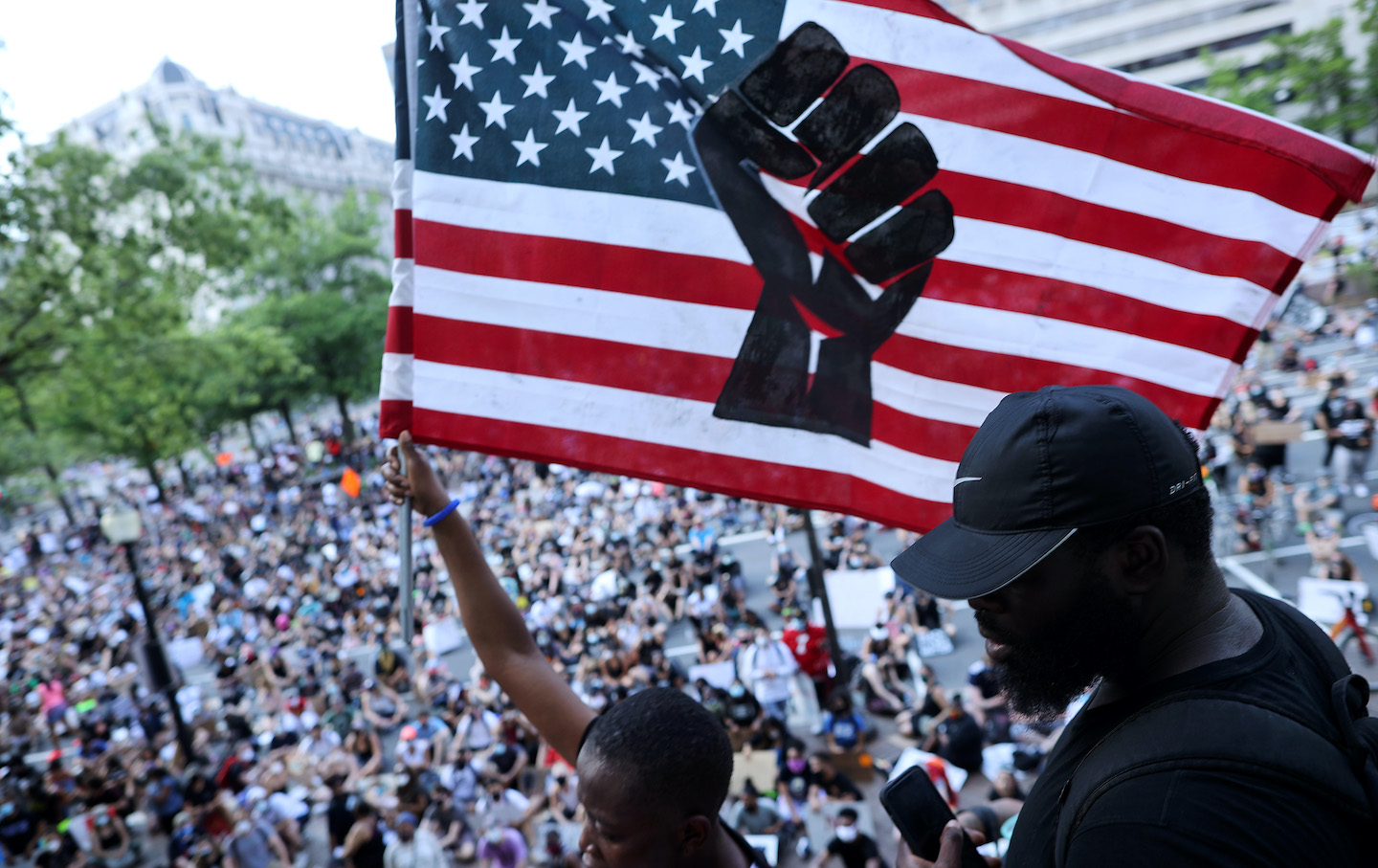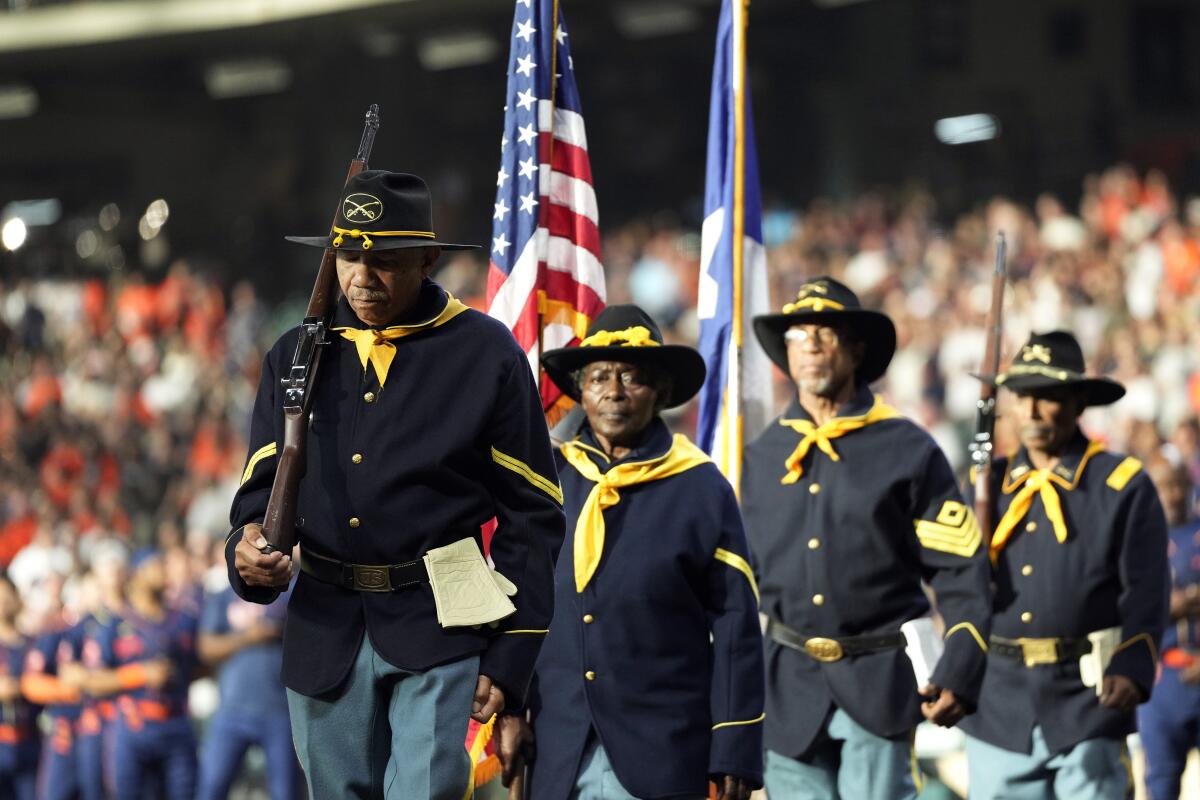
Independence Day, celebrated annually on July 4th, marks the anniversary of the adoption of the Declaration of Independence in 1776, when the thirteen American colonies declared their independence from British rule. This day is a cornerstone of American identity and national pride. However, for African Americans, the meaning of Independence Day is complex, interwoven with a history of struggle, resilience, and ongoing quests for freedom and equality. This article explores the multifaceted role African Americans have played in shaping Independence Day and examines what this holiday means to African Americans and the broader Black diaspora.
The Historical Context of African American Involvement
From the outset of the American Revolution, African Americans played crucial roles, both on and off the battlefield. Despite the paradox of fighting for a nation’s independence while themselves being enslaved, many African Americans saw the Revolutionary War as a potential pathway to their own freedom.
Patriots and Loyalists
Patriots: Approximately 5,000 African Americans fought for the Continental Army. Figures such as Crispus Attucks, often considered the first casualty of the American Revolution during the Boston Massacre in 1770, symbolize the African American contribution to the Patriot cause. Many African Americans were promised freedom in exchange for their service.
– *Loyalists:* On the other side, the British also recruited African Americans, promising freedom to enslaved individuals who escaped from Patriot owners and joined the British forces. The Ethiopian Regiment, consisting of former slaves, is a notable example.

Civil Contributions:
– African Americans also supported the war effort through non-combat roles such as laborers, cooks, and spies. James Armistead Lafayette, an enslaved African American, served as a double agent for the Continental Army, providing critical intelligence that contributed to the American victory at the Battle of Yorktown.
Post-Revolution Disillusionment
Despite their significant contributions, African Americans did not see the immediate realization of the ideals of liberty and equality proclaimed in the Declaration of Independence. Slavery persisted, and the new nation’s laws and policies often reinforced racial inequality.
The Constitution and Slavery
The U.S. Constitution, ratified in 1787, included provisions that protected the institution of slavery, such as the Three-Fifths Compromise, which counted enslaved individuals as three-fifths of a person for legislative representation and taxation purposes. This underscored the systemic disenfranchisement of African Americans.

Abolitionist Movements
The post-revolutionary period saw the rise of abolitionist movements, with African Americans playing key roles. Figures like Frederick Douglass, Harriet Tubman, and Sojourner Truth became prominent voices advocating for the abolition of slavery and the realization of true freedom and equality.
Independence Day and African American Identity
Frederick Douglass’s “What to the Slave is the Fourth of July?
One of the most poignant reflections on the meaning of Independence Day for African Americans comes from Frederick Douglass, a former enslaved person and leading abolitionist. In his 1852 speech, “What to the Slave is the Fourth of July?”, Douglass highlighted the hypocrisy of a nation celebrating freedom while millions remained enslaved.
Douglass’s Critique
Douglass emphasized that for enslaved African Americans, the Fourth of July was a day that underscored their lack of freedom and the deep contradictions within American society. His speech remains a powerful critique of American ideals versus reality, urging the nation to live up to its professed values.
Legacy of the Speech
– Douglass’s address continues to resonate, reminding Americans of the ongoing struggles for racial justice and equality. It serves as a call to action, encouraging reflection on the true meaning of freedom and the nation’s progress towards it.
Juneteenth: A Parallel Celebration of Freedom
For many African Americans, Juneteenth has become a significant celebration of freedom, commemorating the emancipation of enslaved people in Texas on June 19, 1865. This day has gained increasing recognition and is now a federal holiday in the United States.
Historical Significance
 Juneteenth marks the moment when the last group of enslaved African Americans learned of their freedom, two and a half years after the Emancipation Proclamation was issued. This event highlights the delayed justice and the prolonged struggle for freedom experienced by African Americans.
Juneteenth marks the moment when the last group of enslaved African Americans learned of their freedom, two and a half years after the Emancipation Proclamation was issued. This event highlights the delayed justice and the prolonged struggle for freedom experienced by African Americans.
Modern Celebrations
Today, Juneteenth is celebrated with cultural events, educational activities, and reflections on African American history and heritage. It complements Independence Day by providing a more inclusive narrative of American freedom.
African American Contributions to American Society
African Americans have continually shaped and defined American culture, politics, and society. Their contributions span various fields, from arts and entertainment to science and politics, significantly influencing the nation’s identity.
Music and Arts
African American artists have revolutionized music genres such as jazz, blues, rock and roll, hip-hop, and R&B. Legends like Louis Armstrong, Aretha Franklin, and Tupac Shakur have left indelible marks on American culture.
In literature, figures like Langston Hughes, Maya Angelou, and Toni Morrison have provided profound insights into the African American experience and contributed to the broader American literary canon.
Film and Television
African American filmmakers and actors, including Spike Lee, Ava DuVernay, and Denzel Washington, have challenged stereotypes and brought African American stories to the forefront of popular culture.
Political and Social Contributions
Civil Rights Movement
The Civil Rights Movement of the 1950s and 1960s, led by figures such as Martin Luther King Jr., Malcolm X, and Rosa Parks, was instrumental in dismantling institutionalized racial segregation and discrimination. This movement paved the way for significant legislative changes, including the Civil Rights Act of 1964 and the Voting Rights Act of 1965.
Contemporary Activism
In recent years, movements like Black Lives Matter have continued to fight for racial justice, addressing police brutality, systemic racism, and inequality. Activists and leaders in these movements draw on a long history of African American resistance and advocacy.
The Global Impact: African American Influence on Black Nations
Cultural and Political Influence
African American culture and politics have had a profound impact on Black nations worldwide. The struggles and triumphs of African Americans have often resonated with and inspired movements for freedom and equality in other parts of the world.
Pan-Africanism
– African American leaders, such as W.E.B. Du Bois and Marcus Garvey, were key figures in the Pan-African movement, advocating for the solidarity and unity of African people globally. Their ideas influenced independence movements in Africa and the Caribbean.
Civil Rights as a Global Movement
– The successes of the Civil Rights Movement in the United States inspired similar struggles for civil rights and independence in other countries. Nelson Mandela and other leaders of the anti-apartheid movement in South Africa drew parallels between their fight and the struggles of African Americans.
Cultural Exchange
Music and Arts
– African American music genres, particularly jazz and hip-hop, have had a global influence, shaping musical trends and inspiring artists around the world. This cultural exchange has strengthened connections between African Americans and the global Black community.
Literature and Film:
– African American literature and film have found audiences worldwide, providing powerful narratives that resonate with the experiences of people of African descent globally.
Independence Day Today: Reflection and Celebration
A Day of Dual Meanings
For many African Americans, Independence Day is both a celebration and a reminder of the ongoing struggle for equality. It is a day to reflect on the progress made and the work still to be done.
Celebrating Achievements
– Independence Day is an opportunity to celebrate the contributions of African Americans to the nation’s history and culture. Community events, parades, and family gatherings often highlight these achievements.
Reflecting on Challenges
– The holiday also serves as a moment to acknowledge the disparities that still exist and the need for continued activism and advocacy for racial justice.
Building a More Inclusive Future
Independence Day can be a catalyst for conversations about building a more inclusive and equitable society. It is a time to consider how the principles of liberty and justice can be fully realized for all Americans.
Educational Initiatives
Promoting education about the contributions of African Americans and the history of racial injustice can help foster greater understanding and empathy.
Community Engagement
Encouraging community engagement and participation in civic activities can strengthen democracy and ensure that the voices of all Americans are heard.
Independence Day holds a special significance for African Americans, embodying a complex history of struggle, resilience, and hope. From the Revolutionary War to the Civil Rights Movement and beyond, African Americans have been integral to the nation’s journey toward freedom and equality. As the United States continues to grapple with issues of racial justice, Independence Day remains a poignant reminder of the ideals the nation strives to achieve and the ongoing efforts needed to make those ideals a reality for all its citizens. For African Americans and Black nations worldwide, it is a day to celebrate cultural heritage, reflect on shared struggles, and envision a future where true freedom and equality are realized.


